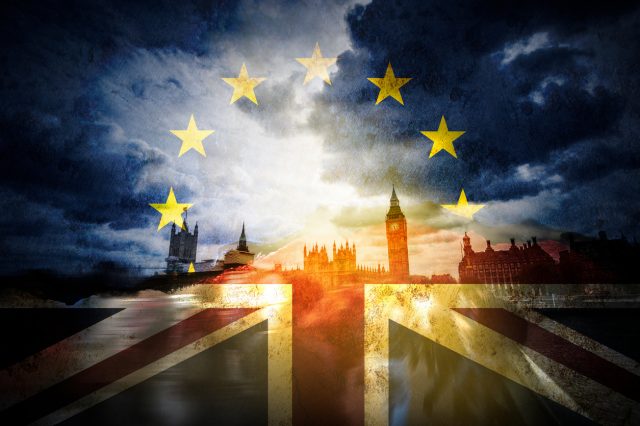Have you ever heard the story about the business person who tried to affect a legal decision who everyone praised for doing so? No? Me neither.
In my experience, the public has never appreciated a business trying to influence the law. That’s probably because when businesses do try to affect the way the law is, it’s often through shady lobbying deals that are scandalous for both the businesses and the politicians involved.
Brexit, though, is a different matter entirely. As the UK is going through the biggest political upheaval it’s faced since the Second World War, business leaders have a duty to represent their employees and customers in the same way that politicians represent their voters. This isn’t about lobbying; it’s about campaigning.
We saw this before the referendum. Wetherspoons used its enormous influence on the average British drinker and produced beer mats which argued staunchly for the leave vote. Whether or not you agree with Wetherspoons’ stance is beside the point; the pub chain had the right idea. British businesses can and should have tried to make their view on Brexit clear.
Now that the vote is over, businesses shouldn’t act like the legal battle is over. Rather, they should be doubling down on their stance, because the fight has only just begun.
The Great Repeal Bill and The Future of British Business
Turning the current hotchpotch of EU laws into one cohesive British law will be a complicated process, so the aim of the Great Repeal Bill is to make this process as simple as possible. While critics have called it a “power grab”, it’s actually much less exciting than that.
The bill is more of a symbolic matter, rather than a huge victory for the leading party. The actual process of deciding which EU laws the UK will keep — as well as which ones it will get rid of and which ones it will change — will happen in the Commons and in Brussels.
As an example, HSE currently recommends racking inspections from a SEMA approved expert at least once every 12 months. A big reason for this is that EU standard EN 15635 recommends something very similar. As a result of Brexit, we have the chance to change this HSE recommendation and the laws associated with it.
With Brexit negotiations creating story after story, the news media has focused a lot on the decision-making happening in Brussels. Post-Brexit, we should see a lot more decision-making happening in the Commons. This is where the British public and British business leaders will have their say.
Some businesses might want the UK to remain open to workers from the EU by keeping old employment laws. This is something which David Davis has suggested and which businesses should campaign for if they believe in it.
On the other hand, a business might want the UK to forge ever closer ties with the US by creating some sort of trade agreement or by emulating some of its business regulations. This is something which Michel Barnier has suggested. It’s also something which businesses should campaign for if it’s what they, their customers, their employees, and their clients really want.
As for EU standard EN 15635, there are many reasons why we should keep following this standard. In the UK, people love to complain about “health and safety gone mad”, yet this culture of safety is why workplace fatalities have fallen by 85% since 1975. EU standards like EN 15635 and the HSE recommendations associated with it are part of the reason that employees in the UK are so safe and employers are able to run workplaces which function with minimal injuries or fatalities.
There’s a lot to be gained by trying to be closer to the UK’s longest political ally as well as its biggest trade partner. There’s a lot to gained if businesses can continue to depend on EU labour. And there’s a lot to be gained from continuing to make our workplaces safer with the right legislation. In order for any of that to be guaranteed, however, businesses need to fight for that legislation, just as the public will be.
What’s The Most Likely Scenario?
Immediately after the referendum, speculation about what would happen in a post-Brexit world was rife. Well over a year later, we’re still mostly speculating.
We know that the predictions of doom and gloom were mostly wrong. The pound has fallen in value — and continues to fall — but the British economy is slowly growing. We know that the Great Repeal Bill will come into force immediately after Brexit, and we know that politicians have made some pretty large promises about what the deal will look like.
Of course, if politicians are consistently anything, they are consistently inconsistent. As such, it’s imperative that the British public and business leaders do whatever they can from now until 2019 — and well beyond — to let their voices be heard. Otherwise, businesses and citizens of the future will look back and wonder why we did nothing.













